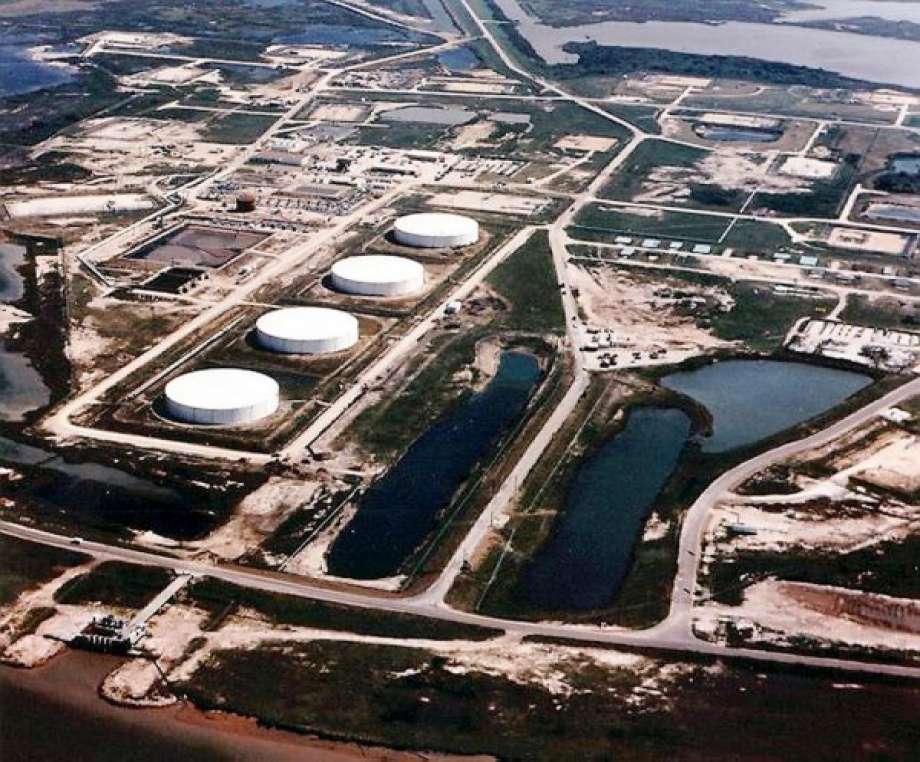The Trump administration halted plans to start buying oil to top up the nation’s emergency stockpile after failing to win funding from Congress, throwing a wrench in its most tangible efforts to help struggling drillers cope with the price rout.

The Energy Department said in a notice dated Wednesday that it was withdrawing a March 19 tender for the first part of its plan to purchase 77 million barrels for the reserve.
Some have suggested that the Energy Department might come up with the money in its own budget to fund the purchase. Congressional appropriators routinely sign off on internal budget transfers requested by federal agencies. Should funding become available, the Energy Department said it will reissue the solicitation.
“I don’t think the pulling of the tender is the last word on SPR purchases this summer,” said Bob McNally, founder of Rapidan Energy Advisors LLC. “The Trump administration is determined to seize an opportunity to acquire cheap barrels and put them into increasingly scarce crude storage capacity. Whether by spending cash on hand or coming to terms with Congress, I expect DOE will be buying barrels later this year.’
The purchases would have targeted small to mid-size producers that have borne the brunt of the recent market meltdown. Oil futures in New York extended losses Thursday after the tender was canceled and have fallen 61% this year.
Lawmakers keen to get a stimulus package to President Donald Trump essentially opted to defer a fight over pairing the oil purchase with funding for clean energy. Senate Democratic Leader Chuck Schumer on Wednesday claimed victory after blocking a “bailout for big oil.” But the issue could return as Congress takes up additional coronavirus-related legislation in coming weeks.
“Small to medium size American energy companies and their employees should be provided the same relief being provided to other parts of our economy, and the Secretary calls on Congress to work with the Administration to fund the President’s request as soon as possible,” Shaylyn Hynes, a spokeswoman for Energy Secretary Dan Brouillette, said by email.
The U.S. stockpile, established after the Arab oil embargo in the 1970s, has previously been tapped in response to emergencies such as Hurricane Katrina. The reserve can hold 713.5 million barrels, with some 635 million now stored in underground salt caverns along the U.S. Gulf Coast.
[contextly_sidebar id=”PpiPpniMkLZepp4oIOE4VMBx0VJxFd7o”]




